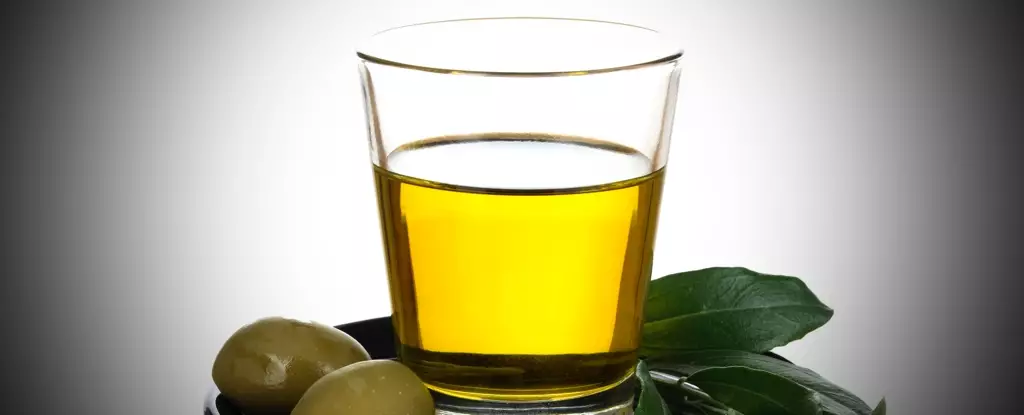The concept of using olive oil as a pre-drinking ritual to prevent alcohol hangovers has gained popularity in recent times. The belief is that consuming a shot of olive oil before drinking can line the stomach and slow down the absorption of alcohol, ultimately reducing the severity of hangover symptoms. However, this theory lacks substantial scientific evidence to support its effectiveness.
While it is true that fatty foods can delay the absorption of alcohol to some extent, the majority of alcohol absorption occurs in the small intestine rather than the stomach. Therefore, even if olive oil slows down initial absorption in the stomach, it is unlikely to have a significant impact on overall alcohol absorption in the body. Additionally, the primary cause of hangover symptoms lies in the body’s metabolism of alcohol, a process not influenced by the consumption of olive oil.
Preventing hangovers involves a combination of factors including hydration, nutrition, and moderation. While olive oil may marginally slow down alcohol absorption, it is by no means a comprehensive solution to preventing hangovers. Instead, focusing on the following strategies can be more effective in reducing the risk and severity of hangover symptoms:
Dehydration is a significant contributor to hangover symptoms. Maintaining adequate hydration levels by drinking water before, during, and after alcohol consumption can help alleviate the severity of hangovers.
Consuming a balanced meal before drinking can have a more substantial impact on alcohol absorption than a shot of olive oil. Foods rich in protein, fats, and complex carbohydrates can help slow down the rate of alcohol absorption in the body.
Drinking in moderation is the most effective way to prevent hangovers. Setting limits on alcohol intake and pacing oneself while drinking can significantly reduce the likelihood of experiencing hangover symptoms.
After drinking, replenishing lost electrolytes and essential nutrients can aid in the body’s recovery process. Consuming foods and drinks such as sports drinks, fruits, and vegetables can help restore balance and alleviate hangover symptoms.
While some individuals may swear by the efficacy of the olive oil trick in preventing hangovers, it is essential to consider the influence of the placebo effect. Believing in the effectiveness of a remedy can lead to perceived improvements, even if the remedy itself lacks scientific backing. Therefore, it is crucial to approach the idea of using olive oil to prevent alcohol hangovers with a healthy dose of skepticism.
While the notion of pre-drinking olive oil as a hangover cure may sound appealing, it is essential to rely on proven strategies such as hydration, nutrition, and moderation to effectively prevent or mitigate the effects of alcohol consumption. Remember, there is no miracle cure for hangovers, and responsible drinking remains the best approach to enjoying alcohol without the unpleasant aftermath.


Leave a Reply